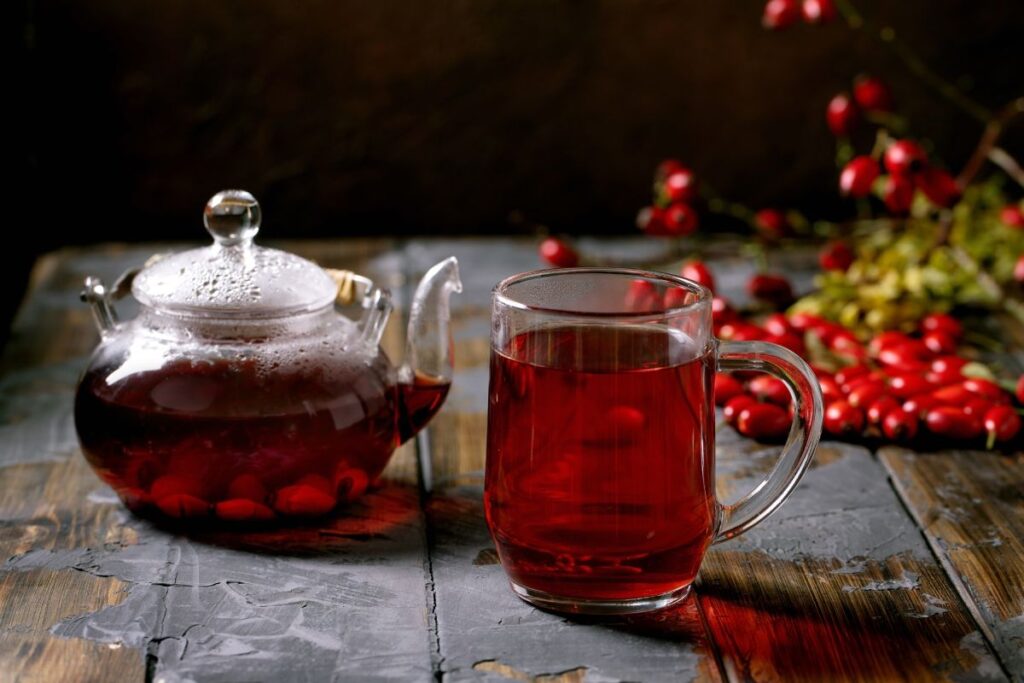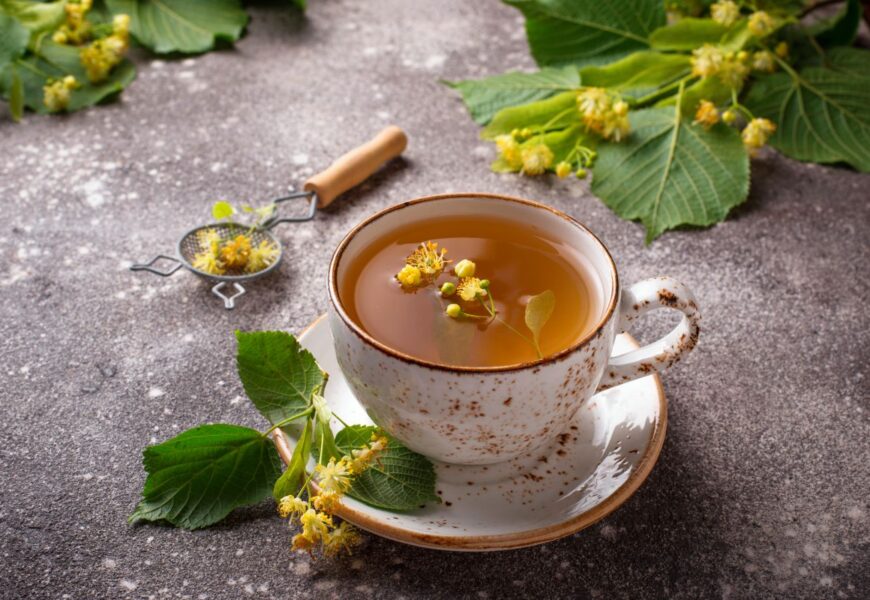Tea, with its rich history and countless varieties, has held a special place in cultures around the world for centuries. It’s not just a soothing beverage; it’s a drink that offers numerous benefits to your body.
Everyone knows and often glorifies coffee, it’s time to shift our focus to the gentler, yet equally intriguing, world of tea. We have talked about the bad things about coffee; now it’s time to turn to a similar yet contrasting elixir – tea.
What Does Tea Do to Your Body?
Tea, whether black, green, white, or herbal, is more than just a comforting beverage. It’s a natural treasure trove of antioxidants, vitamins, and other compounds that can have a profound impact on your health. Here’s a closer look at what tea does to your body:
- Antioxidant Powerhouse
Tea is rich in antioxidants, primarily polyphenols, which help combat the harmful effects of free radicals in your body. These free radicals can cause oxidative stress, which is linked to various chronic diseases and ageing.
Just drinking tea regularly, it’ll provide your body with the ammunition it needs to fight off these harmful molecules, potentially reducing the risk of conditions like heart disease, cancer, and neurodegenerative disorders.
- Weight Management
If you’re thinking of shedding a few kilograms, tea can be your ally. Green tea, in particular, contains compounds known as catechins that may help boost metabolism and promote fat oxidation.
Additionally, the caffeine in tea can provide a mild energy boost, making it a healthier alternative to sugary, calorie-laden energy drinks or high-calorie coffee concoctions.

- Heart Health
Drinking tea, especially green tea, has been associated with improved heart health. The antioxidants in tea can help lower bad cholesterol levels and reduce the risk of developing high blood pressure. Regular consumption of tea has even been linked to a reduced risk of heart attacks and strokes.
- Mental Clarity
Tea doesn’t just provide a physical boost; it can also enhance mental clarity and focus. The combination of caffeine and an amino acid called L-theanine found in tea can promote alertness without the jittery side effects often associated with coffee. This can help improve concentration and cognitive function.
- Hydration
Tea is an excellent way to stay hydrated throughout the day. Unlike coffee, which can be dehydrating due to its diuretic properties, tea provides fluids to your body and contributes to your daily hydration needs.
- Immune Support
Various types of tea, such as ginger, chamomile, and echinacea, contain compounds that can support your immune system. These teas can help alleviate symptoms of the common cold, and ease digestive discomfort. So, next time you catch a cold, just have some chamomile tea!
- Skin Health
The antioxidants in tea can also benefit your skin. Regular consumption of tea may help maintain healthy, glowing skin by protecting it from UV damage and reducing the signs of ageing.
All the above points out that tea has numerous benefits, but nothing is perfect. So, let’s talk about the cons of drinking tea, shall we?
Cons of Drinking Tea

While tea offers numerous health benefits and is a popular beverage worldwide, please be alert and aware of its potential drawbacks. These include:
- Caffeine Content: While tea generally contains less caffeine than coffee, it’s not devoid of this stimulant. For some individuals, even the moderate caffeine content in tea can be a disadvantage. Excessive caffeine intake can lead to various issues, including:
- Insomnia: Consuming tea, especially in the evening, can interfere with your ability to fall asleep or stay asleep throughout the night.
- Restlessness: High caffeine intake may make you feel jittery, anxious, or on edge, which can be uncomfortable and counterproductive.
- Increased Heart Rate: Some people may experience a rapid heart rate or palpitations as a result of caffeine sensitivity, potentially exacerbating underlying heart conditions.
- Teeth Staining: Tea, especially black tea, contains tannins that can lead to the staining of your teeth over time. This can be particularly concerning for those who prioritise maintaining a bright, white smile. Regular dental care and the occasional use of whitening products can help mitigate this issue.
- Iron Absorption Inhibition: Tea contains compounds called polyphenols that can hinder the absorption of non-heme iron, which is the type of iron found in plant-based foods. If you have an iron deficiency or rely heavily on plant-based sources of iron, excessive tea consumption might exacerbate this issue. To mitigate the effects on iron absorption, it’s advisable to consume tea between meals rather than with them.
- Potential Allergies and Sensitivities: Some individuals may be allergic to specific types of tea or the botanical components used in herbal infusions. Allergic reactions can manifest as skin rashes, digestive discomfort, or respiratory symptoms. If you suspect an allergy or sensitivity, it’s essential to discontinue the consumption of the tea in question and seek medical advice.
- Risk of Overconsumption: Like any beverage, excessive tea consumption can have adverse effects. Overdoing it on tea, especially if it’s caffeinated, can lead to health problems such as digestive issues, frequent urination, and potentially harmful interactions with medications.
- Quality and Contaminants: The quality of tea can vary significantly, and some lower-quality teas may contain contaminants such as pesticides, heavy metals, or artificial additives. Choosing high-quality, organic teas can help mitigate this concern, but it’s essential to be mindful of the source and preparation methods.
- Tea-Brewing Practices: Improper tea-brewing practices, such as using water that’s too hot or steeping for too long, can result in a bitter taste and the release of undesirable compounds. This can deter people from enjoying tea and lead to a less-than-pleasant experience.
Conclusion
In the world of beverages, tea is like a quiet superstar. It has many good sides, like being rich in antioxidants and helping you stay alert. But, just like anything else, it has some not-so-great parts too.
The trick is to use it wisely. Too much caffeine in tea can make it hard to sleep and might make you jittery. Plus, it can stain your teeth. And if you’re low on iron, tea might not be your best friend because it can make it harder for your body to use iron in your food.
So, when you enjoy your tea, remember to keep it in balance. Whether it’s a calming herbal blend or a strong black tea, let it be a treat that makes you feel good. Tea isn’t just a drink; it’s a journey that makes your body and mind happy. So, as you sip your next cup, savour the goodness it brings to your life.

















